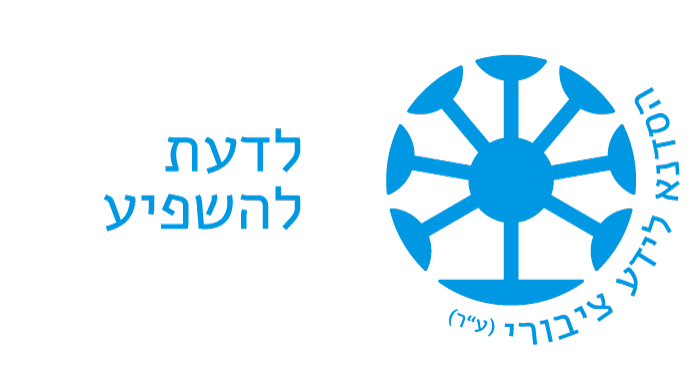אהלנוש,
השבוע אנחנו עושים בלגן סביב הצעת התקציב החדשה של 2017-2018 שאמורה לעלות להצבעת הכנסת בסוף דצמבר. משרד האוצר מסרב כהרגלו לפרסם את התקציב ברמת הפירוט שתאפשר להבין לאן ביוק מיועד הכסף - איזה כבישים כלולים ב"בניית כבישים" ואילו עיריות מקבלות “תמיכה לעריות”. לא נסכים יותר שהכנסת תצביע על התקציב בעיניים עצומות. רוצים את כל הסיפור? קראו [בדהמרקר] (http://www.themarker.com/news/education/1.3131634), וגם צפו או האזינו לדיון המיוחד בוועדת השקיפות (מתחיל בדקה 13:25)
http://www.themarker.com/news/education/1.3131634
רוצים לעשות עם זה משהו?
לכו לפוסט שלנו בפייסבוק, תייגו את חברי הכנסת שאתם מכירים ובקשו שידרשו מהאוצר את כל המידע על תקציב המדינה, כולל התקנות התקציביות.
הרצאה מעניינת שנערכה ב- Congressional Research Institute.
הבעיה עם אור השמש - איך שקיפות מקדמת אינטרסים צרים ומעוותת את תהליכי החקיקה בקונגרס
Several important steps toward legislative transparency in the 1970s have fundamentally altered how the U.S. Congress and state legislatures operate. Some of these reforms, like mandating recorded votes in the Committee of the Whole and opening up Conference Committees to public view, were widely supported in the wake of the escalation of the Vietnam war. Congressional reforms were quickly mirrored in other legislatures.
Key reforms were inserted by lobbyists seeking to more efficiently monitor the behavior of legislators. Representatives adjusted by changing their behavior on votes in the Committee of the Whole, which soon became a contentious proving ground for ideological purity and fidelity to special interests and party leadership.
Increases in transparency were followed by increased narrow-interest lobbying, wasteful and pernicious legislative gamesmanship, increased partisanship, and more. We investigate these changes as likely drivers for income inequality, climate change, gridlock and demosclerosis.
בינואר יצא המחקר המלא. בינתיים התקציר
שיהיה סופ"ש מרגיע
מהסדנא
